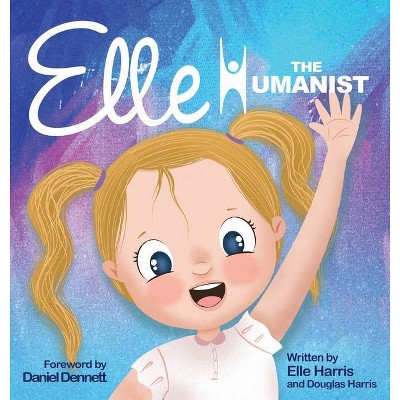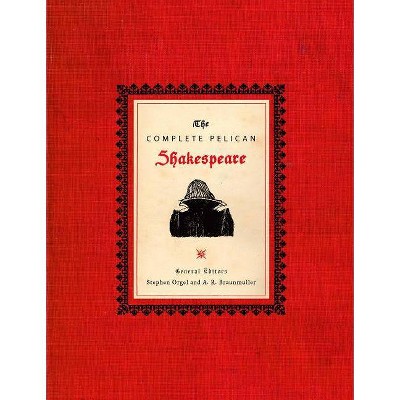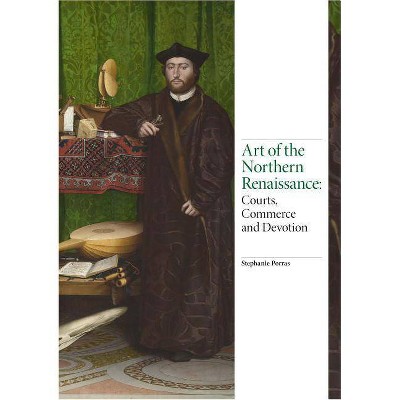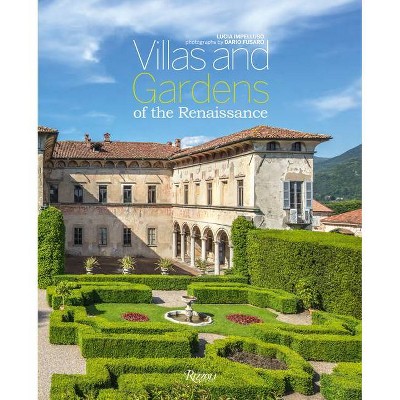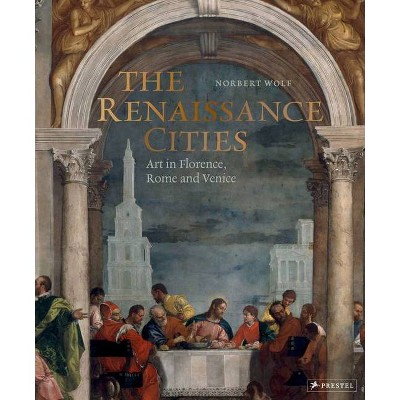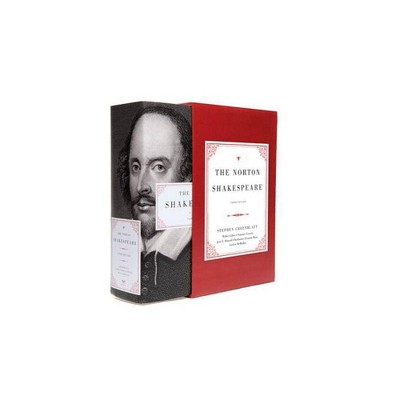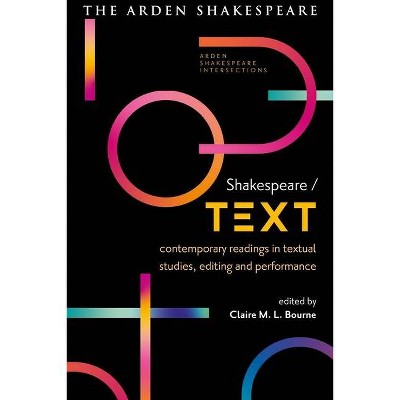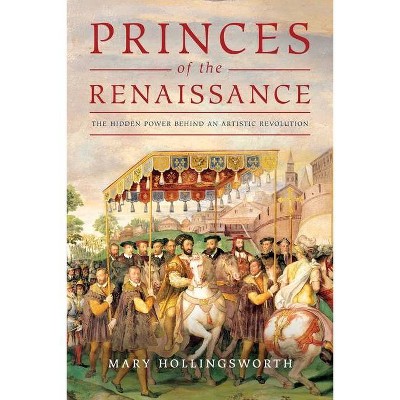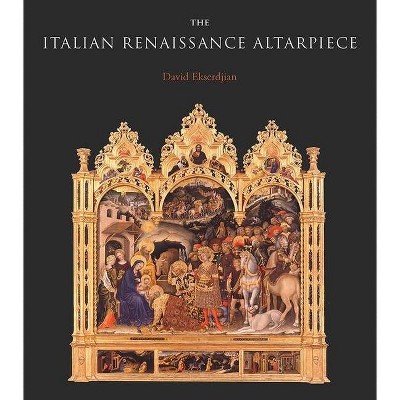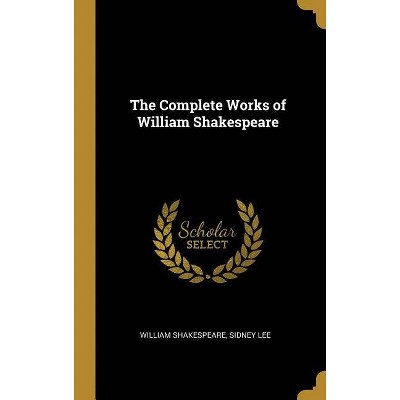Shakespeare the Renaissance Humanist - by Anthony Raspa (Hardcover)
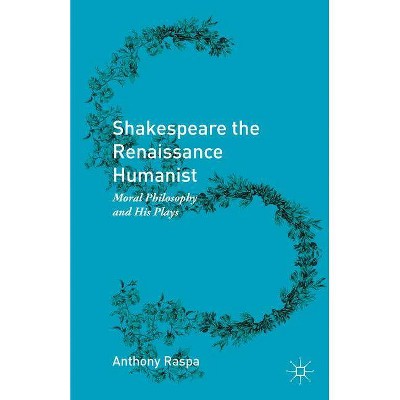
Similar Products
Products of same category from the store
AllProduct info
<p/><br></br><p><b> About the Book </b></p></br></br>"Shakespeare the Renaissance Humanist is a study of the moral philosophy that underlay the 'street' humanism in the mind of Shakespeare's spectator when he went to see Hamlet or King Lear at the Globe. The work examines the currents of thought at the basis of this humanism to show how it functioned as a sort of everyday philosophy in the spectator's life and in the lives of Shakespeare's characters. Ideas inherited from the Ancient pagans and the medieval period were commingled daily as a matter of fact. The faculty of the reason in each person was a source of spiritual experience and speculation that were lived easily at one and the same time. As we see in the person of Hamlet, there was no contradiction between spiritual thought and speculation about the outside world. Pagan attitudes to immortality in the metaphysics of this humanism conjoined without conflict with Christian beliefs about the ultimate ends of life, and these attitudes and beliefs are found argued out in Titus Andronicus. The ideal of wisdom based on the tenets of this metaphysics was much spoken about in moral philosophy. In Shakespeare's day the ideal was referred to repeatedly in terms of the dictum "Know Thyself" that was carved over the entrance to the temple of Apollo in Ancient times, and the actions of Lear and his courtier Gloucester are spoken of from the beginning of their tragedy to is end in terms of their apprenticeship in wisdom. Through the humanism that lay behind it, moral philosophy found its expression freely in all aspects of Shakespeare's theatre"--<p/><br></br><p><b> Book Synopsis </b></p></br></br><p>During the Renaissance, moral philosophy came to permeate the minds of many, including the spectators that poured into Shakespeare's Globe theatre. Examining these strains of thought that formed the basis for humanism, Raspa delves into King Lear, Hamlet, among others to unlock what influence this had on both Shakespeare and his interpreters.</p><p/><br></br><p><b> From the Back Cover </b></p></br></br>Shakespeare the Renaissance Humanist is a study of the moral philosophy that underlay the 'street' humanism in the mind of Shakespeare's spectator when he went to see Hamlet or King Lear at the Globe. The work examines the currents of thought at the basis of this humanism to show how it functioned as a sort of everyday philosophy in the spectator's life and in the lives of Shakespeare's characters. Ideas inherited from the Ancient pagans and the medieval period were commingled daily as a matter of fact. The faculty of the reason in each person was a source of spiritual experience and speculation that were lived easily at one and the same time. As we see in the person of Hamlet, there was no contradiction between spiritual thought and speculation about the outside world. Pagan attitudes to immortality in the metaphysics of this humanism conjoined without conflict with Christian beliefs about the ultimate ends of life, and these attitudes and beliefs are found argued out in Titus Andronicus. The ideal of wisdom based on the tenets of this metaphysics was much spoken about in moral philosophy. In Shakespeare's day the ideal was referred to repeatedly in terms of the dictum "Know Thyself" that was carved over the entrance to the temple of Apollo in Ancient times, and the actions of Lear and his courtier Gloucester are spoken of from the beginning of their tragedy to its end in terms of their apprenticeship in wisdom. Through the humanism that lay behind it, moral philosophy found its expression freely in all aspects of Shakespeare's theatre.<p/><br></br><p><b> Review Quotes </b></p></br></br><br><p>"Raspa (retired, Laval Univ., Canada) argues that contemporary Shakespeare criticism has moved too far away from the philosophical contexts of Shakespeare's own time ... . Raspa seeks to redress this by reading a variety of plays through the lens of Renaissance humanism, offering explanations of how Shakespeare's contemporaries would have necessarily understood various moments in the plays. ... Summing Up: Recommended. Graduate students, researchers, faculty." (A. Castaldo, Choice, Vol. 54 (5), January, 2017)</p><br><p/><br></br><p><b> About the Author </b></p></br></br><p>Anthony Raspa is a Retired Professor of English at Laval University, Canada.</p>
Price History
Price Archive shows prices from various stores, lets you see history and find the cheapest. There is no actual sale on the website. For all support, inquiry and suggestion messagescommunication@pricearchive.us
